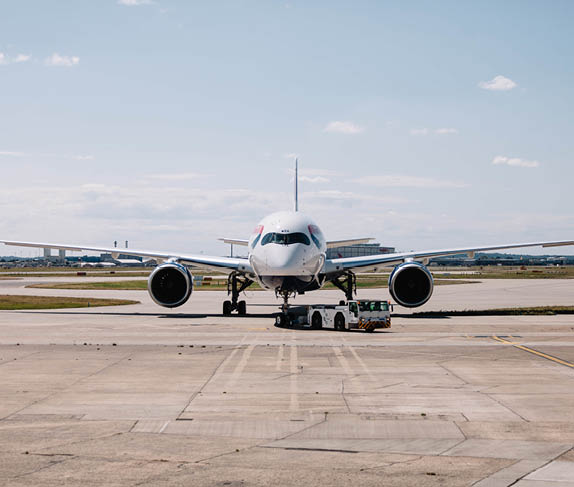Air Lease Corporation (ALC) revenues for the second quarter grew by 10.6% year-over-year to $521 million with net income of $144 million, up 15.9% year-over-year. The leasing company’s fully diluted earnings per share for the second quarter was $1.26, up 14.5% over the second quarter of last year.
As of June 30, 2020, ALC owned 301 aircraft in its operating lease portfolio with a net book value of $19.1 billion, a weighted average age of 3.9 years and a weighted average lease term remaining of 7.0 years.
ALC sold four aircraft during the quarter resulting in approximately $87 million in sales proceeds. Some 90% of its orderbook is placed on long-term leases for aircraft delivering through 2022.
ALC ended the quarter with a 91% collection rate for its operating lease portfolio and a 99.6% lease utilization rate.
In an earnings call, chief executive John Plueger, confirmed that the company has agreed to a further $65 million in lease payment deferrals since May, when ALC had agreed to defer $125 million in lease payments. “The lower level deferrals granted over the past three months speaks to the slower pace at which we receive additional requests and reflects the amount of time we spent to diligence each request and understand which customers really need our help,” said Plueger.
Most of ALC’s deferrals are partial lease deferrals for payments due in the first and second quarter 2020, typically with a short repayment period. ALC states that the majority of those that have been granted will be repaid over the next 12 months.
“Our team is making a concerted effort to do our best for each airline customer and we believe that help is appreciated. And in addition to the support they are seeking elsewhere is making a difference,” added Plueger. “Our airline customers are largely abiding by the deferral arrangements in place. As such, our collection rate for the second quarter and month of July were at 91% and 89% respectively, compared to the first quarter in month of April for which our collection rate was 90% and 86% respectively.”
ALC has a strong portfolio that demonstrates its focus on young, fuel-efficient aircraft, which Plueger believes has made a difference in its negotiations and discussions with airline customers, “as they want to operate our aircraft”.
He added that although many of ALC’s customers are in a better financial position today than at the start of the pandemic, given the continued low levels of passenger traffic and restrictions in some countries, airlines now need additional liquidity measures and are coming back to the lessor for another round of deferrals. “The volume of those inbound requests is much lower than it was for the initial requests,” says Plueger.
In the earnings call ALC confirmed that although it currently has no aircraft with Virgin Atlantic, which filed for Chapter 15 protection in the US, it does have an agreement to supply widebody aircraft for future delivery through 2024. Plueger confirmed that those aircraft are still expected to deliver as planned.
Steven F. Udvar-Házy, Executive Chairman of the Board, noted that although there have been retirements of certain widebody fleets, and described the notion that widebody aircraft will no longer be needed as “short-sighted”.
“As passenger travel begins to recover, we believe the airline industry will find itself back to where it was pre COVID with infrastructure limitations, slot and other airport restrictions, which will require airlines to again up gauge the size of the aircraft they're flying and the smaller and midsize wide bodies will again take centre stage, said Udvar-Házy on the earnings call. He added that there also will be a natural evolution of older wide body aircraft being converted to freight and cargo usage.
On the trend for airlines to sell more aircraft to lessors in sale-leaseback transactions, ALC is being more cautious despite the fact that lease rate factors have increased. CFO Greg Willis said that the company is being more cautious in this area while they analyse how airlines are managing their own liquidity issues at such a difficult time. That said, Willis added that the company was evaluating a number of sale-leaseback possibilities at this time.
Part of that conservative approach also includes a commitment to ensuring airlines sign up to security packages including cash security deposits and maintenance reserves.

